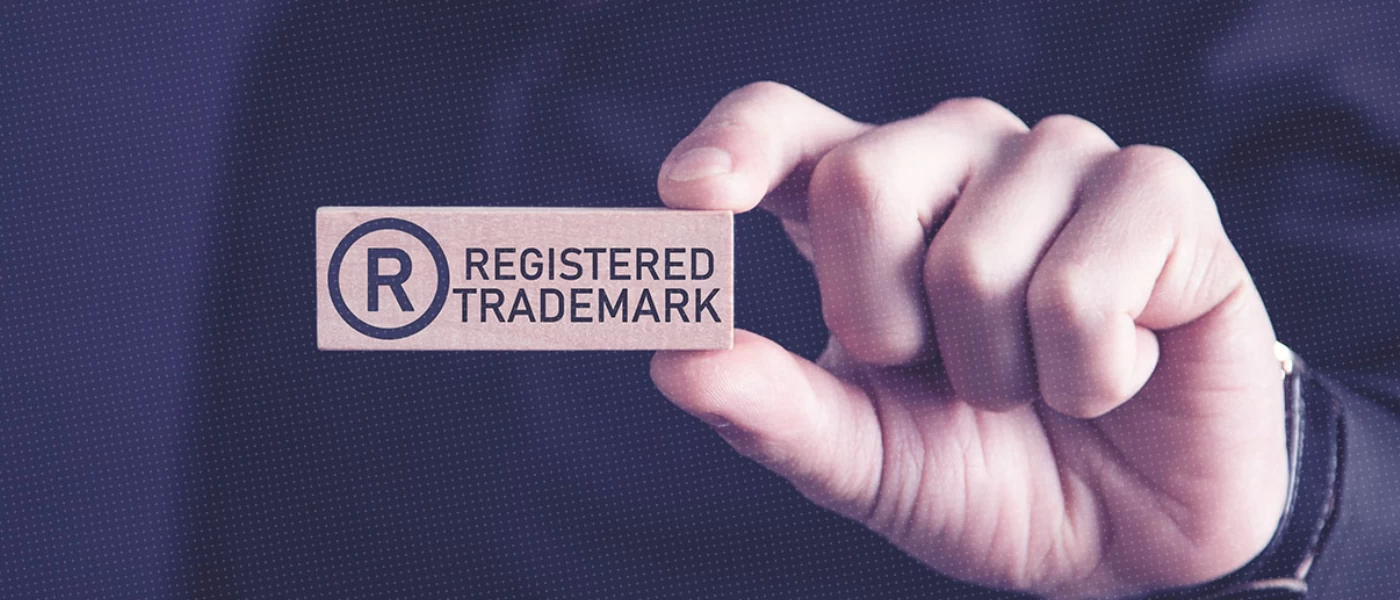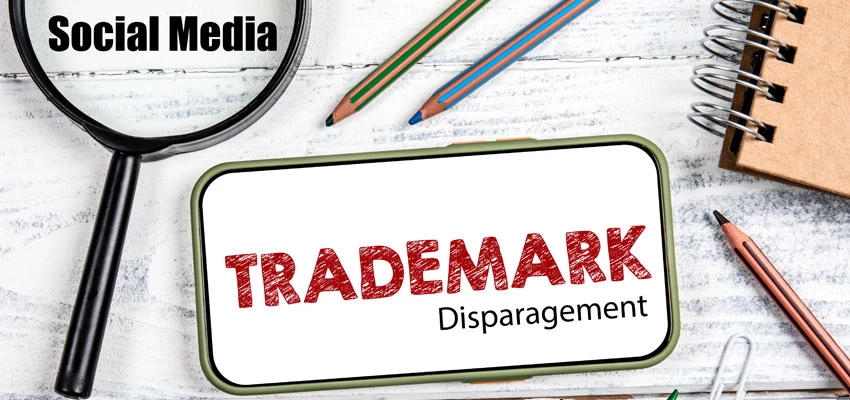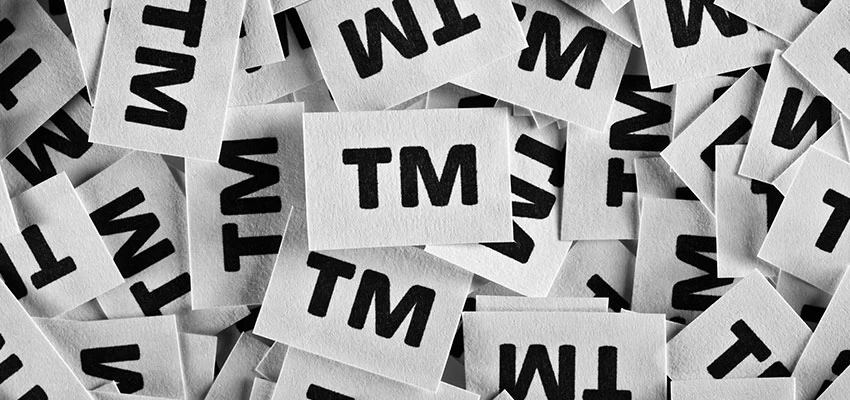Section 29(1) of the Trade Marks Act, 1999 (‘Act’) provides the manner in which a registered trademark may be infringed by a person not being a registered proprietor or an authorized user of the registered trademark. It states that such a person may infringe a registered trademark if, in the course of trade, the person uses an identical or deceptively similar trademark in relation to the goods and services for which such trademark is registered, in a manner to render such use as likely to be taken as the use of the particular registered trademark. However, the current matter relates to a peculiar situation where a trademark of one proprietor is found to be infringed by another, by use of recycled bottles or containers of that proprietor for sale of goods or products in those recycled containers. This article navigates and analyses the issue and applicability of the statutory provisions in such a case when recycled beer bottles of one proprietor were used by another by re-labelling them when the proprietor’s trademark was embossed on such bottles. In the recent case of Anheuser-Busch LLC v. Mr. Surjeet Lal and Anr. decided on 14 March 2022, the Delhi High Court has analyzed the aspects to be considered while granting the relief of permanent injunction for trademark infringement and passing off in such situations.
Originally, the Plaintiff, in this case, Anheuser-Busch LLC, filed a suit, that was initially listed before the Delhi High Court seeking permanent injunction for restraining the Defendants (Mr. Surjeet Lal & M/s Som Distilleries and Breweries Ltd.), from infringing their trademark ‘BUDWEISER’ by using any recycled glass bottles with the embossed word ‘BUDWEISER’. The Defendants were the manufacturers and sellers of beers under the trademarks ‘BLACK FORT’ and ‘POWER COOL’. The bottles manufactured by the Plaintiff, also originally used for selling beer, with the embossed word ‘BUDWEISER’ were being used by the Defendants by re-labeling them as ‘BLACK FORT’ and ‘POWER COOL’. The Plaintiffs alleged infringement, passing off, unfair competition, dilution, and tarnishing of goodwill and reputation of the Plaintiff. Additionally, the Plaintiffs also sought the relief of damages, rendition of accounts of profit, delivery up and order for costs of the proceedings.
The Defendants put forth an explanation before the High Court that the bottles had come into their system through kabadiwalas (junk or scrap dealer) and had entered their manufacturing line. Since the Defendants used recycled bottles for their business, and a large volume of such bottles were cleaned, filled, and bottled, the Defendants claimed that it is possible that there may have been stray bottles of ‘BUDWEISER’, which may have been accidentally put to use. The Defendants were willing to give an undertaking as to the effect that the bottles of the Plaintiff bearing their trademark ‘BUDWEISER’ shall not be used by them for the manufacture and sale of their own beer.
In view of such submissions, the Court vide an interim order, passed an order in favor of the Plaintiff restraining the Defendants, till the next date as the Court deemed fit, from using any bottles with the trade mark ‘BUDWEISER’ appearing on them for beer or any other alcoholic drink of its manufacture or sale. Furthermore, the Defendants were directed to place an affidavit on record as to the manner in which they intended to implement the aforesaid injunction so as to ensure that there was no violation in the future. Through the affidavit, the Defendants were also to ensure that the kabadiwalas were directed and informed not to supply or deliver any bottles bearing the mark ‘BUDWEISER’ to them and also deploy a mechanism for weeding out such bottles at the feeder line itself.
Pursuant to the above order, the Defendants filed the affidavit giving an undertaking to not use any bottles of the Plaintiff and take measures to ensure that bottles of the Plaintiff are weeded out before it enters the Defendant’s feeder line.
During the final hearing in the matter, the Court found that the use of the Plaintiff’s beer bottles bearing their trademark ‘BUDWEISER’ by the Defendant for the purpose of sale of the Defendant’s own products was likely to cause confusion as to its source among the consumers, resulting in the Defendant’s products likely to be confused as that of the Plaintiff’s. The Court relied on the decision of the Bombay High Court in Som Distelleries and Breweries Ltd. v. SABMiller India Ltd. [2013 (56) PTC 237 (Bom)], wherein the ingredients to prove trademark infringement as per Section 29 of the Act were reiterated as the following:
- There must be in existence a registered trademark.
- There has to be a use by a person who is not a registered proprietor or a person using by way of a permitted use.
- The use must be in the course of trade.
- The use must be of a mark which is identical with or deceptively similar to the trademark.
- The use must be in relation to goods and services in respect of which the trademark is registered.
- The use must be in such a manner as to render the use of the mark likely to be taken as being used as a trademark.
The Court held that all the above-mentioned ingredients were fulfilled in the present case. Plaintiff’s registered trademark ‘BUDWEISER’ was being used by the Defendants who were not its registered proprietor and were also not entitled to permissive use in relation to their own beer. Such use would cause irreparable loss to the Plaintiff and dilution of its goodwill and reputation. Therefore, the Court held that the use of recycled ‘BUDWEISER’ beer bottles by the Defendants for selling their products under the trademarks ‘BLACK FORT’ and ‘POWER COOL’ clearly constituted ‘use in the course of trade’. The Court was of the view that “the fact that the same are recycled bottles would not make a difference in so far as the question of infringement or passing off is concerned”.
Consequent to the final hearing, it was held that such sale resulted in infringement and passing off and the Court granted a permanent injunction in favour of the Plaintiff. The Defendant was, henceforth, restrained from using, manufacturing or selling their products under the mark ‘BUDWEISER', even in recycled bottles, or in any manner whatsoever, in respect of beer manufactured and sold by the Defendants. The Court directed the Defendant to take a greater degree of care to ensure that the recycled ‘BUDWEISER' bottles are not used for the beer, manufactured and sold by them, under the marks 'BLACK FORT’ and 'POWER COOL', or under any other mark. The Court also directed the Defendant to exercise a greater degree of supervision at their manufacturing plant and conduct random checks and inspections to ensure that the bottles used in its manufacturing plant do not, in any manner, bear the mark ‘BUDWEISER'. Though, in view of the undertaking given by the Defendants, the Plaintiff agreed not to press relief of damages, rendition of accounts of profit and delivery up, the Court directed that in future if any ‘BUDWEISER’ bottles were found at the Defendant’s factory, the Plaintiff would be entitled to avail of its remedies, in accordance with law, including the claim of damages.
It is a common practice amongst beer manufacturers and bottlers to use recycled generic bottles for their businesses. In the recent years, quite a few cases have come up before the Courts where bottles bearing one party’s trademark have been used by the other and the Courts have taken a strict view that bottles bearing trademark of one party (embossed/labelled) cannot be re-purposed by re-labelling them for the sale of products of some other party. It is clear from judicial precedents that such acts would constitute as an act of infringement as there is a likelihood of confusion as to the source of the product amongst the consumers. Therefore, in the case of recycled bottles, if the trademark of the registered proprietor cannot be removed or blocked and the bottle can be identified as that of the registered proprietor, it can still be used as a commercial logo to identify the source of goods. Particularly, if the Plaintiff’s trademark has garnered reputation and distinctiveness amongst the consumers, the consumers could be led to believe that the Plaintiff has some kind of relationship with the Defendant in relation to the goods being sold by the Defendant.
In the case of Ruston & Hornby Ltd. v. Zaminadara Engineering Co., AIR 1970 SC 1649, the Supreme Court held, “it very often happens that although the Defendant is not using the trademark of the Plaintiff, the get up of the Defendant's goods may be so much like the Plaintiff's that a clear case of passing off would be proved. Nevertheless, in an action on the trademark, that is to say, in an infringement action, an injunction would issue as soon as it is proved that the: Defendant is improperly using the Plaintiff's mark”. Therefore, the party may not be using someone else’s trademark on the recycled bottles as it may re-label it, but the shape and design of the bottle still might cause confusion among the consumers as to its source and a case for passing off can still be made out.
In Som Distilleries case (supra) the Court also discussed a few factors relevant to such fact situations where the Defendant’s improper use of the Plaintiff’s trademark can be proved and an action for infringement can be brought about. These factors are as follows:
- Similarity in the businesses of the parties which they are engaged in.
- Similarity in the height and characteristics of the bottles in which the respective parties sell their products (in case different bottles with similar designs or characteristics are used)
- The trademark being used has a valid registration under the Act.
While the Courts have taken a lenient view in cases where the bottles supplied by the kabadiwalas (junk or scrap dealers) have been mistakenly taken among the bulk of other bottles for recycling and re-labelling by the Defendants on account of human error, the Court has not been hesitant in granting the relief of damages and costs in favor of the Plaintiffs even if the usage of such bottles was due to a bona fide error. Thus, users of recycled products must apply a higher degree of caution while using recycled products to ensure that they do not even might inadvertently infringe the trademark of some other party.
In Allied Blenders & Distilleries Pvt. Ltd. v. Rangar Breweries Ltd., CS (COMM) 1213/2018, the Defendant was using the Plaintiff’s beer bottles with their trademark embossed on them for selling whisky under their brand name. The Court, in the present case, decreed that “Under these circumstances, permanent injunction as prayed would be liable to be granted against the Defendant. The Defendant’s arguments that the bottles are counterfeit bottles of the Defendant, depends on the outcome of the complaint, which is pending investigation and unless and until some other party is found to be indulging in the counterfeiting, the Defendant cannot escape liability.”
Thus, through these judgements, the Courts have attempted to strike a balance between the rights associated with the trademark of one party and promoting use of recycled materials for the business of another. From the trend of the cases, it can be concluded that generic recycled containers after being relabelled can be used by the other proprietors for the manufacture and sale of their goods, so long as the trademark of another proprietor is not present on the recycled container. However, if the trademark of a proprietor remains on such container and is used by another, it could amount to an act of infringement and the rights associated with the trademark bestowed upon the party under the Act shall not be compromised.
[The authors are Joint Partner and Intern, respectively, in IPR practice at Lakshmikumaran & Sridharan, New Delhi]











